When I first began homesteading, this is the sort of article I would have scoffed at. I was going off-grid: back to the land, back to nature, back to basics, and I wanted my plants and animals to have the same chance. When it came to my chickens, I was convinced that letting their eggs be naturally brooded and hatched was the best (and as far as I was concerned, only) course of action.

Now, if I had been homesteading 100 years ago, my line of thinking would have been spot-on. I would have had the chickens that existed 100 years ago; chickens that remembered how to sit on eggs, brood them to completion, and care for their young. But no matter how much I try to regain those near-forgotten centuries-old skills, the truth is I don’t live 100 years ago, and my chickens are very much the product of modernity.
I’ve kept chickens for eight years and have had just two hens ever get broody despite my best efforts. As a result, I’ve changed my tune … somewhat. I’m now using an incubator so that, someday, I won’t need an incubator (I hope). Here’s why.
Many Modern Chickens Can’t or Won’t Brood Eggs
The chicken’s wild ancestor, Galllus gallus, doesn’t act like a barnyard egg-layer. Much like any other wild bird, it raises one or two clutches a year. The modern domesticated laying chicken (Gallus gallus domesticus) was developed slowly over time to favor egg production, and in a remarkable testament to generations of selective animal breeding, we now have breeds of chickens that can lay more than 300 eggs a year!
Of course, that near-ceaseless egg production came at a cost. The most productive egg-layers won’t brood, and in fact, sometimes can’t brood. You see, a broody hen stops laying eggs, which is exactly what egg-producing farms don’t want. As such, when egg-laying breeds were developed, the eggs of chickens who didn’t typically go broody (and therefore laid more eggs a year) were chosen to become the next generation of that breed. In a somewhat ironic twist, in those days before incubators, those nonbroody-prone chicks-in-eggs were probably hatched under broody-prone chickens whose genetics were being abandoned.
Our modern egg-laying breeds are now the result of that very selective breeding, where the mothering instinct to sit on eggs has essentially been scrubbed from their instincts.
It’s a personal theory, but I’m starting to suspect that even dual-purpose and stereotypically broody-prone breeds have begun going through the same process. Since chickens have experienced a resurgence in interest — particularly as food prices continue to climb — I doubt that every chicken hatchery is favoring good genetics and mothering ability. They just want to make chicks and sell chicks, because that’s what makes the bucks. So are the resulting thousands of chicks they produce hatched from the best birds to make the best next generation? Are mothering abilities, thrift, hardiness, and self-reliance the focus of their selection? I seriously doubt it. The process has been turned into a business where the end result is just making chicks, not making breeds.
I’m not disparaging hatcheries. Honestly, they’re a business, doing what businesses do. But having bought only “broody-prone” breeds for eight years (such as Australorps, Orpingtons, Cochins, Sussexes, and Wyandottes) and coming up nearly empty in terms of natural chick production, it just seems that something’s rotten in the state of Denmark, so to speak. Perhaps it’s my local hatcheries, but these breeds are starting to lose their natural instincts, just like their battery-caged production strains of hens.
Some Chickens Are Bad Mothers

The second year I got a chicken to successfully brood eggs, she was a big, fluffy Buff Orpington — a breed that I had read, repeatedly, was a good mother. It took several false starts (and some exploding rotten eggs) to finally get her on a clutch of fertile eggs, but after much enduring, she finally sat and hatched them.
Thirteen sweet, fluffy chicks resulted from her administrations, and we were thrilled to finally have another batch of naturally-incubated chickens. Then, every few mornings, a chick showed up dead in the nest. Some mornings, there would be two dead. I didn’t figure it out until I had three chicks left: She was accidentally suffocating them in the night under her big, fluffy butt. She may have been able to sit on eggs, but it was clear that she didn’t quite know what to do with the chicks once they were hatched.
This can be chalked up to individual variation, of course. Some animals are good mothers and some just aren’t, regardless of breed. But after going through so much trouble to get my hen to finally incubate her eggs, the loss was both educational and devastating. I know this is just a personal anecdote, but I hope it shows that when it comes to chickens, no matter how much we think we’ve got them figured out, there’s always a possibility of the unexpected.
Incubators Give Me Control
So that brings me to incubators, those electronic devices that I was dead-set against when I first started keeping birds. After years of setbacks, it seemed the best option for our small homestead. We couldn’t keep wasting spring opportunities for egg-hatching on the apparently low chance that any of our birds would actually sit on eggs, and the idea of butchering all our birds and starting over from absolute scratch was off the table. We liked our rooster’s characteristics and really wanted to have him father the next generation.
So we came up with a plan to use an incubator to make mixed-breed chicks, and eventually, our own landrace of chickens. Our hope was the resulting mixed chicks, with the genetics of not just one, but several different breeds, would have the potential to start acting more like old-timey chickens with solid mothering abilities. An incubator finally gave me control over the situation. Instead of trying to wait for my hens to brood, which they seem dead-set against, I could finally get my chicken breeding efforts off the ground.
Incubators Allow Me to Start Over Again and Again
After a hen hatches eggs, she will devote herself to accompanying the resulting baby chicks, meaning she will neither lay or hatch any more eggs for quite a few weeks … or until next year. The two times I was able to get a hen to sit, the resulting clutch of chicks were my only shot at having a new generation. If a stray dog happened to take them out (it has happened) or if their mother squashed them at night (my previous point), that was it.
Having an incubator means that I can hatch chicken eggs as many times as I want. If some of the eggs aren’t fertile, for example (my rooster is getting on in years and needs to be replaced), I can just put more eggs in and try again. If I wanted more than the 12 eggs my little incubator holds, after one clutch has hatched, I can load it up and start all over again. If a friend gifts me some fertile hatching eggs from her own flock (more genetics) I can put them in the incubator, no problem.
That kind of opportunity is a balm on my frustrated chicken efforts.
Incubators Give Me the Chance to Help My Birds Find Themselves Again

I know some people probably have the opposite of my bizarre problem. Just search “broody chicken” online, and you’ll find scores upon scores of articles for how to stop a broody hen … and few on how to encourage one (trust me, I’ve looked). I see my incubator as an opportunity to use my current hens (some of which were hatched under a hen, some who were hatchery-bought, some who were gifted from a friend, some who were incubator-hatched) for a new start. My incubator gives me the chance to finally hatch successive generations from this mixed-bag of poultry.
Now, our landrace experiment is still running its course, but I’m holding on to hope that, with the eight different breeds that I’m currently mixing up (and more added every year), I’ll rediscover the chickens I’ve always been hunting for. Having an incubator gives me the chance to make those chicks exist, even if the birds who laid their eggs never choose to sit on them. This admittedly, short-term solution means I don’t have to wait on a hen to go broody.
All that said, my deepest hope is some year, my incubator will be an obsolete dust-collector sitting on a shelf. I hold to the hope that someday, I will have hens that are good mothers who can be trusted to sit on their eggs and raise the next generation of chickens for our homestead. I’ll keep using the incubator until they emerge from the flock.
I am still dead-set against incubators in the long run. I don’t want anything that’s important to our self-reliance-aimed homestead to depend on a breakable machine I can’t repair, or running on the grid. But for the time being, an incubator is a step in the right direction that I have needed all along.
So how about you all? Do you use incubators, or are you against them? Tell us your broody hen stories, or if there’s anyone else out there who can’t get their hens to sit, no matter what they try. Please tell me I’m not the only one!





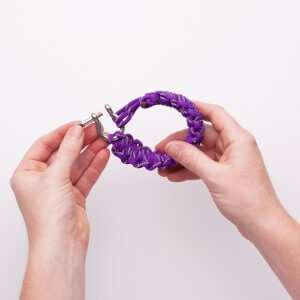

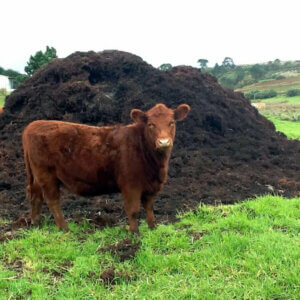








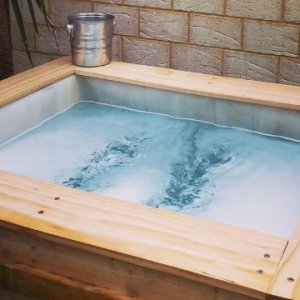




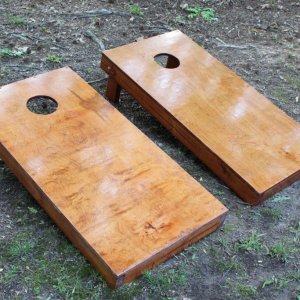





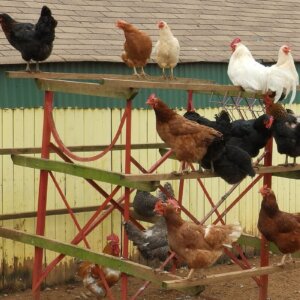


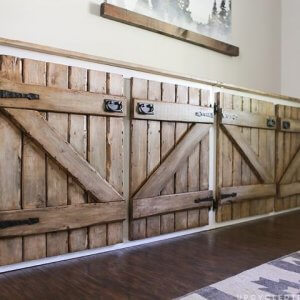
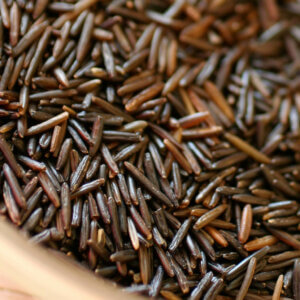





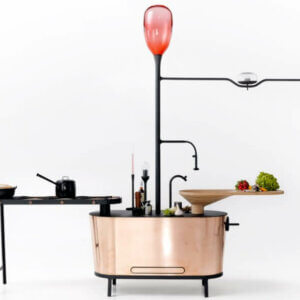




Leave a Reply